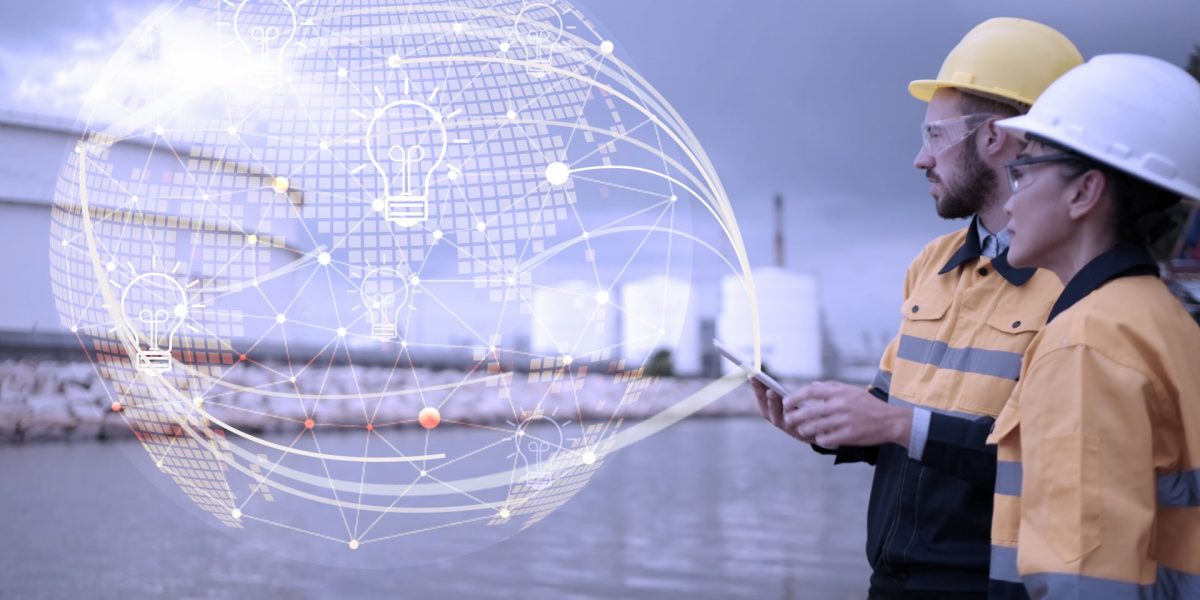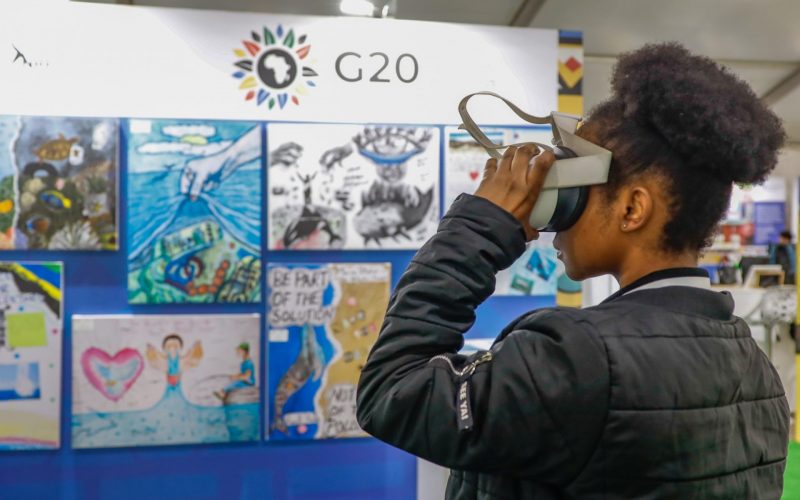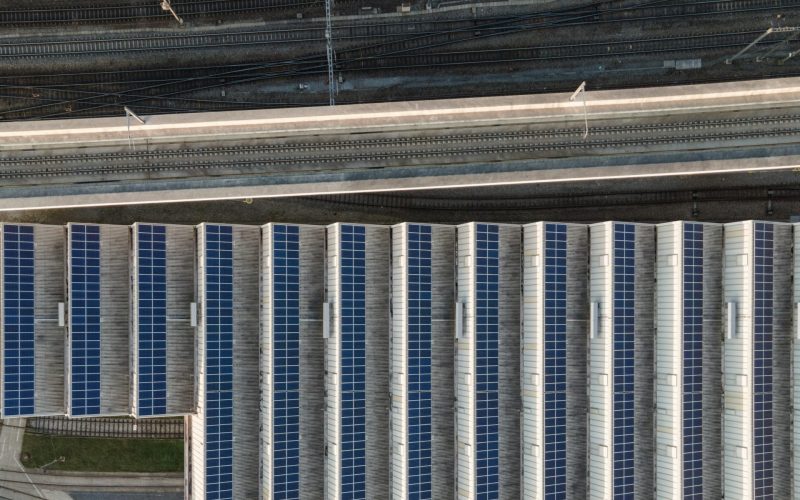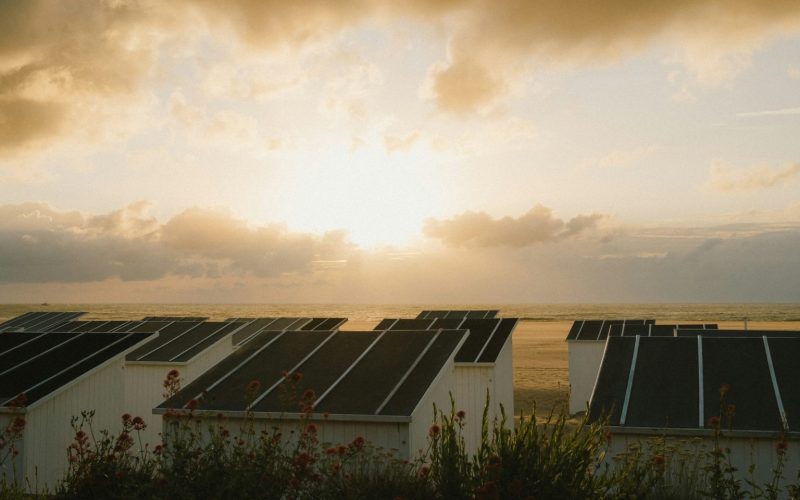Green development objectives, deemed essential in both China’s Global Development Initiative and the United Nations 2030 Agenda for Sustainable Development, have in recent years been translated into substantive policy dialogues within the Forum on China-Africa Cooperation (FOCAC). The ninth FOCAC gathering will be held at summit level from 4-6 September 2024 in Beijing. Climate and energy will be among the key topics for negotiation between Chinese and African stakeholders. China’s positioning as a pivotal investor in and donor to green energy projects in the Global South, coupled with Africa’s substantial but largely untapped potential in climate and renewable energy sectors, means that there is considerable scope to build on existing partnerships in this area.
The upcoming FOCAC will provide a framework for navigating the evolving China-Africa comprehensive strategic partnership in the post-COVID era. The consensus will not only have to account for current geopolitical tensions worldwide, but also the shifting priorities in China and Africa, along with their respective expectations for this multilateral engagement. This demands a comprehensive view of how Africa-China cooperation on climate and energy has evolved since the start of the FOCAC process. This report aims to analyse climate and energy-related discussions from past FOCACs and the associated side events leading to FOCAC, assessing how these narratives align with Africa’s green development priorities.
Download the report to continue reading.
View our China-Africa research archive.








